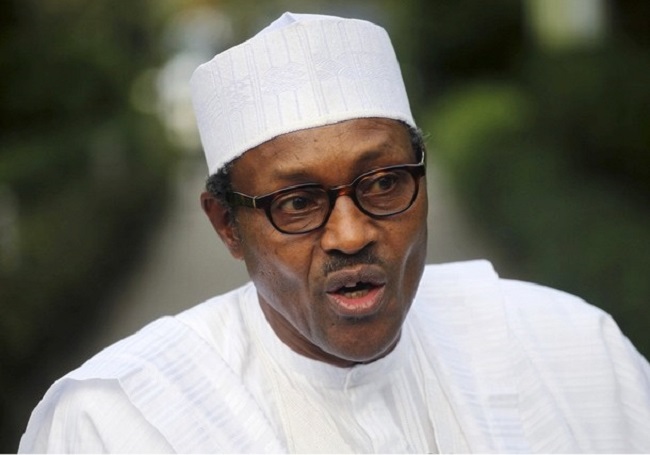Will Demands to postpone elections be heeded
As the Nigerian presidential election is less than two weeks away, matters come to a head. Calls for a postponement of the election was written off as dubious months ago but have now intensified again as the outcome of the election gets ever more unpredictable.
In September last year, there were some voices connected to the Nigerian PDP government that suggested that the elections coming up next week should be postponed considering the security situation in the country with frequent Boko Haram attacks and the loss of territory to the group. “There is no question of election, it is not even on the table. We are in a state of war”, Senate President David Mark declared. Facing fierce resistance, the government later dissociated itself from the statement.
Two weeks ago, the Nigeria Security Advisor, Sambo Dasuki, renewed the call for a postponement of the elections, but this time motivated by the incomplete distribution of the Permanent Voter Cards (PVC). It is alleged that 30 million out of 68.8 million are yet to be distributed. The electoral commission (INEC) assures all PVC will be available in time but concedes difficulties in distribution. On Monday protestors, allegedly on mission by the ruling People’s Democratic Party (PDP), demonstrated outside the INEC headquarters and they were reiterating the demand for election postponement.
There have simultaneously been different attempts to discredit and even disqualify opponent Muhammadu Buhari from the elections. Buhari’s appearance as low key and a man of small assets was called into question by references to his daughter who studies in England and purportedly has an expensive lifestyle. The campaign however backfired when her appearance instead triggered a buzz in social media and seemed to increase the support for Buhari. Muhammadu Buhari has also been alleged to suffer from cancer, and a fake medical journal has circulated.
Known as the “certificate saga”, there are now attempts to disqualify Buhari from contesting the presidential election. PDP has challenged Buhari to show evidence of his educational qualifications. As a former general, Buhari said that his educational record was with the military. First affirmed by the military but later denied, the Government College in Katsina provided copies of the results. However, the dispute was not settled with that. The case is to be settled on the 9th of February in the federal high court in Abuja. Buhari is to show documents supporting the merits stated in the registration form for contesting as president.
The upcoming election is the first in which PDP faces serious competition from the opposition. The rising efforts to stall the elections give the impression that President Jonathan is about to lose trust in the power of incumbency. State resources are typically used to provide support for continued government control. The deteriorating situation and the loss of territory in north-east following the Boko Haram insurgency combined with low performance on electricity supply and other election promises have turned a united opposition into genuine alternative.
A postponement is constitutionally possible, but elections must be held at latest 31 April. That is, at latest 30 days before the present tenure expires. INEC decides on the matter. The president appoints the members of the commission. Although the chairman, Attahiru Jega, is generally regarded as nonpartisan, other members are however assumed to have closer ties to the president and to be more prone to abide by appeals that give the ruling party a comparative advantage.
A decision to postpone the election would however probably trigger massive demonstrations. The consequences of such demonstrations are uncertain. The risk of violence would be high. Considering the assemblage of challenges the nation faces at this time, further uncertainties are not what Nigeria needs at the moment.
Henrik Angerbrandt, the writer, is PhD Candidate in Political Science and researcher at the Nordic Africa Institute. His research concerns ethno-religious conflict in northern Nigeria.


